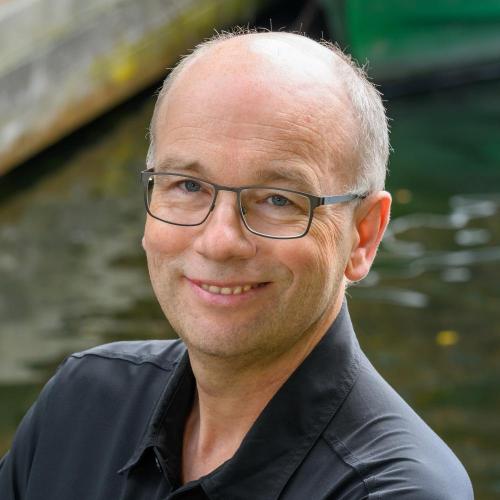HypoTRAIN
Short profile
Duration
Investigations of the hyporheic zone | Photo: Jörg Lewandowski / IGB
Both, organic and anorganic pollutants anthropogenically introduced into rivers may underlie a variety of processes (e.g. degradation and sorption) which contribute to the self-purification capacity of river ecosystems. HypoTRAIN deals with the identification and quantification of such processes with a special focus on the role of the hyporheic zone where steep physico-chemical gradients are expected to contribute significantly to the natural reduction of river pollution.
Hyporheic zones are key compartments for the functioning of aquatic ecosystems. As dynamic and complex transition regions between rivers and aquifers, they are characterized by the simultaneous occurrence of multiple physical, biological and chemical processes. Turnover and degradation of nutrients and pollutants are among the prominent ecological services the hyporheic zone provides. We are facing a significant knowledge gap in the understanding of how hyporheic processes are linked and how they impact on each other. This can be attributed to a lack of truly supra-disciplinary research and harmonized and innovative investigation methods.
The concept of HypoTRAIN has been tailored to fill this gap. Collaborative research with state-of-the-art technologies from multiple disciplines (hydrology, ecology, microbiology, engineering, environmental physics, contaminant science, modelling) will generate new mechanistic insights into the functioning of hyporheic zones. A group of PhD students will be educated using the multi-faceted nature of hyporheic zones as the central theme of the training programme. The supra-disciplinary expertise within the network and the high-level training programme will generate scientific knowledge that will set the ground for a more holistic design of river management plans and restoration measures. Research excellence as well as scientific and technological innovation is ensured as all partners have world-leading reputations and work at the forefront of their respective discipline areas.
Participating in HypoTRAIN will make PhD students highly attractive for employers and open up doors for their successful careers in research, regulation, consulting, and industry. They will be experts for the better assessment of the ecological and chemical status of surface waters and for providing successful river restoration and management strategies. The strong involvement of the non-academic sector will provide the PhD students with a holistic perspective on career opportunities.
The HypoTRAIN team welcomes everyone to the European Hyporheic Forum in April 2018 at the University of Roehampton!
This project has received funding from the European Union's Horizon 2020 research and innovation programme under grant agreement No 641939.


